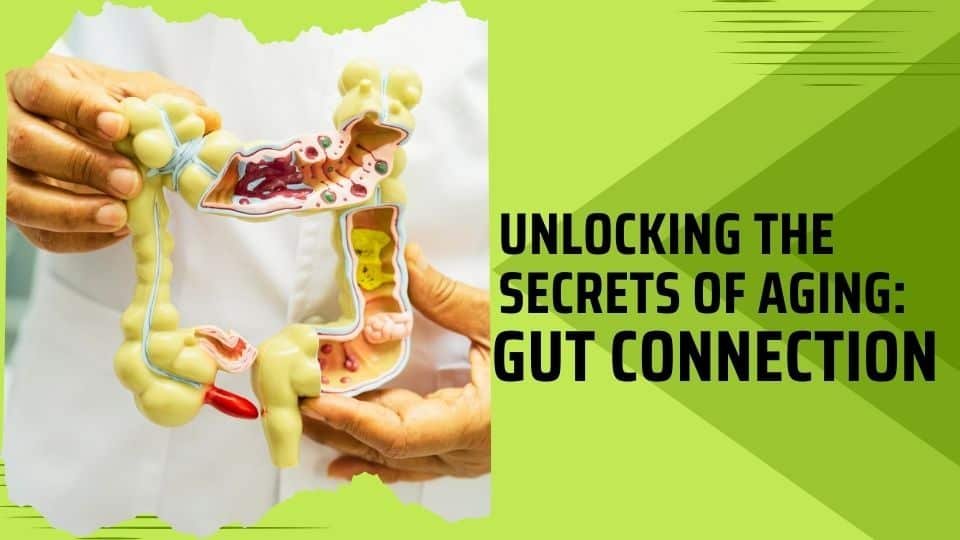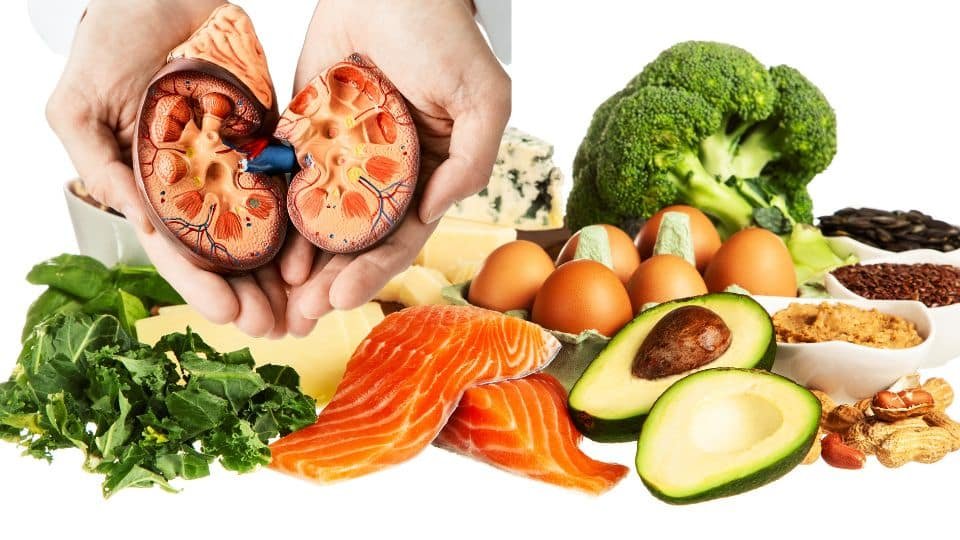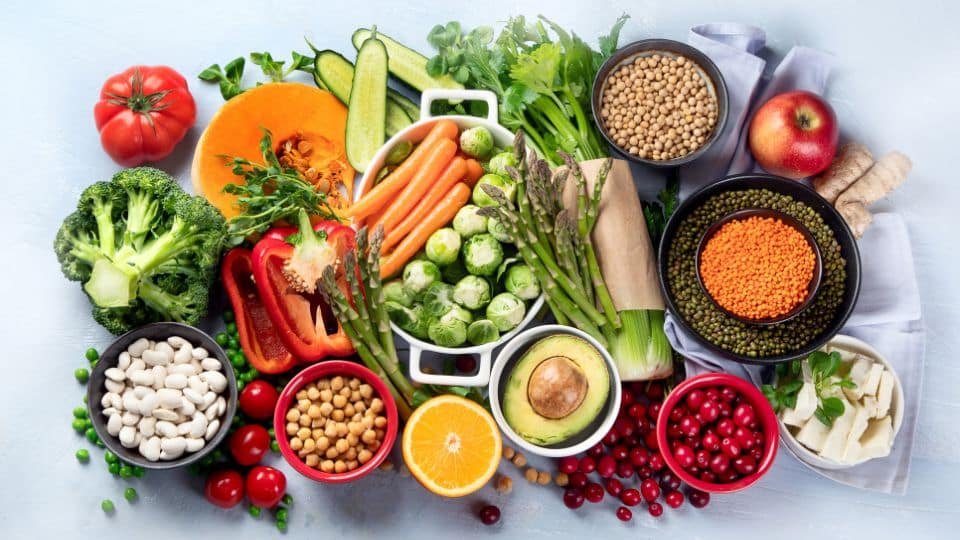Welcome! Today, we have some fascinating insights into the world of natural supplements and their potential impact on autoimmune diseases. You won’t believe what researchers have recently discovered about the humble ginger root. But before we dive in, make sure to hit that subscribe button and ring the notification bell so you never miss out on our exciting health discoveries.
Our story begins with a groundbreaking study recently published in the Journal of Clinical Investigation, JCI Insight. Scientists set out to explore the effects of ginger supplements on a particular type of white blood cell known as neutrophils. Now, don’t worry if you’re unfamiliar with these terms; we’ll break them down into simple terms for you.
Neutrophils play a vital role in our immune system, but sometimes, they can go into overdrive, causing inflammation. The researchers were particularly interested in a process called “NETosis,” which involves the formation of microscopic structures known as NETs. Think of these as tiny spider webs. These NETs can contribute to inflammation and clotting, which are common in autoimmune diseases like lupus, rheumatoid arthritis, and antiphospholipid syndrome.
Now, here’s the exciting part. The study found that ginger consumption by healthy individuals made their neutrophils more resistant to NETosis. In simpler terms, ginger seemed to help control the overactivity of these immune cells.
Dr. Kristen Demoruelle, one of the senior authors of the study, explains, “Ginger can help to restrain NETosis, and this is important because it is a natural supplement that may be helpful to treat inflammation and symptoms for people with several different autoimmune diseases.”
You can also view this article: Unveiling the Secrets of Inflammaging: Revolutionary Anti-Aging Breakthroughs!
But wait, there’s more! In a clinical trial, participants took a ginger supplement for seven days. The results were astonishing. The ginger supplement boosted a chemical inside neutrophils called cAMP. High levels of cAMP were linked to inhibiting NETosis in response to disease-related triggers.
Dr. Jason Knight, another senior author of the study, highlights the significance, saying, “Our research provides evidence for the biological mechanism behind ginger’s apparent anti-inflammatory properties in people.”
So, what does this mean for those living with autoimmune diseases or other inflammatory conditions? Many people wonder if natural supplements like ginger could be beneficial. Sadly, the precise impact has often been unclear.
However, this study aims to change that. By shedding light on how ginger affects neutrophils, it encourages healthcare providers and patients to discuss the potential benefits of ginger supplements as part of a treatment plan.
Researchers hope to secure funding for clinical trials involving ginger and patients with inflammatory and autoimmune diseases as a next step. This includes conditions where neutrophils are overactive, such as lupus, rheumatoid arthritis, antiphospholipid syndrome, and even COVID-19.
The goal? To offer more personalized and effective relief for those dealing with these conditions.
So, there you have it—a remarkable discovery about ginger’s role in controlling inflammation, published in the Journal of Clinical Investigation, JCI Insight. Natural supplements like ginger may soon become valuable allies in the battle against autoimmune diseases and inflammation.
Remember, always consult with your healthcare provider before making any changes to your treatment plan. Stay curious, stay healthy!
Glossary:
- Neutrophils: A type of white blood cell that plays a vital role in the immune system’s response to infections and inflammation.
- Inflammation: The body’s response to injury or infection, often characterized by redness, swelling, heat, and pain.
- Ginger Root: The underground stem of the ginger plant, known for its culinary and potential medicinal properties.
- Autoimmune Diseases: Conditions where the immune system mistakenly attacks healthy cells and tissues in the body.
- JCI Insight: A scientific journal where a groundbreaking study related to ginger’s impact on neutrophils was published.
- NETosis: A process involving the formation of microscopic structures called NETs (Neutrophil Extracellular Traps) by neutrophils, which can contribute to inflammation and clotting.
- Lupus: A chronic autoimmune disease that can affect various parts of the body, including the skin, joints, and organs.
- Rheumatoid Arthritis: A chronic inflammatory disorder that primarily affects the joints.
- Antiphospholipid Syndrome: An autoimmune disorder that can cause blood clots, leading to various health problems.
- cAMP: Short for cyclic adenosine monophosphate, a chemical inside neutrophils that can
- COVID-19: A highly contagious respiratory illness caused by the SARS-CoV-2 virus, known for causing inflammation and immune responses.
Journal Reference:
Ramadan A. Ali, Valerie C. Minarchick, Miela Zahavi, Christine E. Rysenga, Kristin A. Sturm, Claire K. Hoy, Cyrus Sarosh, Jason S. Knight, M. Kristen Demoruelle. Ginger intake suppresses neutrophil extracellular trap formation in autoimmune mice and healthy humans. JCI Insight, 2023; 8 (18). https://doi.org/10.1172/jci.insight.172011.



 By
By










